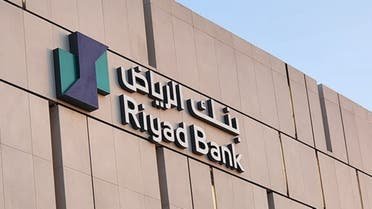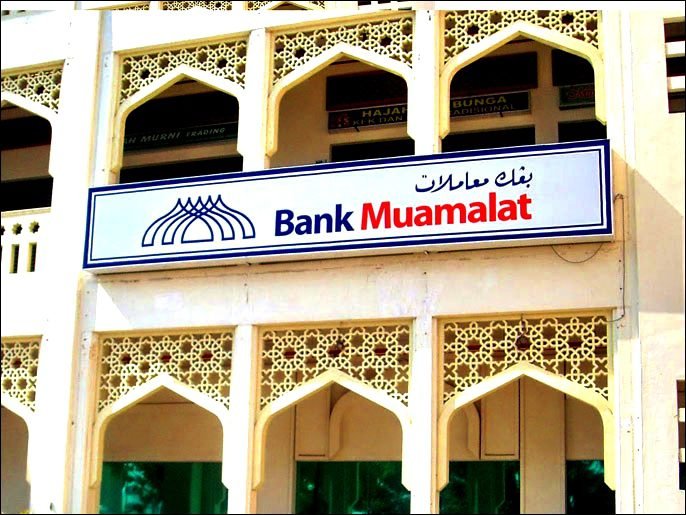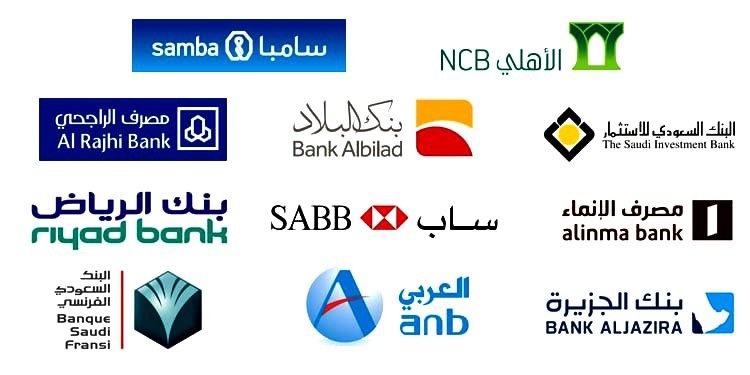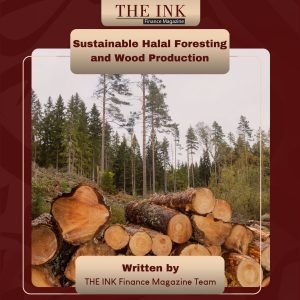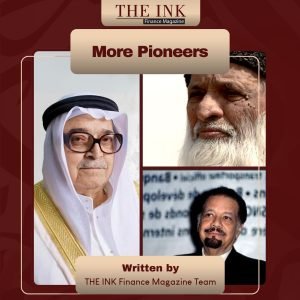Subtitle: a demand to be reckoned with – spotlight on Saudi and Malaysia
Pull out 1: serving not only Muslims but also those seeking ethical and inclusive financial solutions.
Pull out 2: These products continue to evolve and adapt to meet the changing needs of consumers in the global Islamic finance market
Islamic retail banking has witnessed significant growth in recent years, providing a viable alternative to conventional banking for Muslims who seek financial services that align with their religious beliefs and values. This article delves into the various Islamic retail banking products that cater to the needs of individuals while adhering to the principles of Shariah law.
Islamic Retail Banking Principles
Islamic retail banking products are guided by the principles of Islamic finance, which include the prohibition of Riba, Gharar (excessive uncertainty), and the promotion of risk-sharing and asset-backed financing. In essence, these products aim to provide ethical and socially responsible financial solutions.
Mudarabah Accounts: Profit-and-Loss Sharing Accounts
Mudarabah accounts are like traditional savings or investment accounts but operate on a profit-and-loss-sharing basis. In a Mudarabah arrangement, customers provide the capital (Rab-ul-maal), while the bank acts as the fund manager (Mudarib). Profits generated from investments are shared between the customer and the bank according to a predetermined ratio. However, losses are borne solely by the capital provider.
Wadiah Accounts: Safekeeping and Custodial Accounts
Wadiah accounts are similar to conventional current or checking accounts. In this arrangement, customers deposit their funds with the bank for safekeeping, and the bank guarantees the return of the full principal amount upon request. The bank may use these funds for its operations but does not provide any profit-sharing.
Murabaha Financing: Asset-Based Financing
Murabaha is a popular Islamic retail banking product used for various purposes, including purchasing consumer goods, vehicles, and even real estate. In a Murabaha transaction, the bank purchases an asset on behalf of the customer and resells it to the customer at a marked-up price. The customer then pays the bank in instalments over an agreed-upon period. The profit margin is determined upfront and is transparent.
Ijara Financing: Islamic Leasing
Ijara is an Islamic retail banking product commonly used for financing assets such as homes and cars. In this arrangement, the bank purchases the asset and leases it to the customer for an agreed-upon rental fee and duration. At the end of the lease term, the customer may have the option to purchase the asset at a pre-determined price.
Sukuk Investments: Islamic Bonds
Sukuk, often referred to as Islamic bonds, are investment instruments that represent ownership in an underlying asset or project. Sukuk holders receive periodic income based on the profits generated by the asset or project. These investments are often used by individuals seeking a source of regular income while adhering to Shariah principles.
Takaful: Islamic Insurance
Takaful is the Islamic equivalent of insurance. It operates on the principles of mutual assistance and cooperation. Policyholders contribute to a fund that is used to cover the losses of participants who experience adverse events. Takaful products are designed to provide protection while avoiding interest-based or unethical practices.
Market comparison: Saudi Arabia and Malaysia
Islamic banking has experienced significant growth and demand in various countries with predominantly Muslim populations and in regions where Muslims are a minority. Two countries often cited for their strong Islamic banking markets are Saudi Arabia and Malaysia.
Saudi Arabia:
Religious and Cultural Factors: Saudi Arabia, as the birthplace of Islam and home to its two holiest cities, Mecca, and Medina, has a strong demand for Islamic banking due to the religious and cultural significance of adhering to Shariah-compliant financial practices.
Government Support: The Saudi Arabian government has been actively promoting Islamic finance and banking through regulatory frameworks and initiatives. It has encouraged the development of Islamic financial institutions and products, making it a major player in the global Islamic finance industry.
Large Islamic Banking Sector: Saudi Arabia boasts a well-established Islamic banking sector, with many banks offering a wide range of Shariah-compliant products and services, including Murabaha, Mudarabah, and Islamic bonds (Sukuk).
Domestic Demand: The majority of the population in Saudi Arabia is Muslim, and there is a high demand for Islamic banking products and services among both retail and corporate customers. This demand is witnessing rapid growth especially in the Sukuk and other investment tools.
Malaysia:
Islamic Finance Hub: Malaysia has positioned itself as an international hub for Islamic finance and banking. The Malaysian government has actively promoted Islamic finance and established a comprehensive regulatory framework.
Diverse Market: Malaysia’s Islamic banking market caters not only to its Muslim population but also to a diverse customer base that includes non-Muslims. It offers a wide array of Islamic financial products and services, making it accessible to a broad range of customers.
Innovation and Research: Malaysia has been at the forefront of innovation in Islamic finance, introducing products like Islamic REITs (Real Estate Investment Trusts) and Islamic private equity funds. Research and development in the field are also strong, leading to continuous product improvement and adaptation.
Islamic Capital Market: Malaysia has a well-developed Islamic capital market, making it a favourable destination for investors seeking Shariah-compliant investment opportunities, including Sukuk issuance.
Comparison:
While both Saudi Arabia and Malaysia have strong demand for Islamic banking, there are key differences:
Market Maturity: Saudi Arabia has a well-established Islamic banking sector with deep roots, while Malaysia has actively developed its Islamic finance industry over the years, becoming a global leader.
Diversity: Malaysia’s Islamic banking market is more diverse, serving both Muslim and non-Muslim customers, whereas Saudi Arabia primarily serves its Muslim population.
International Reach: Malaysia’s Islamic finance industry has a broader international reach, attracting investors and customers from around the world, Saudi Arabia’s exponential growth is set to rapidly grow faster and broader which will lead to a wider reach in the next few years.
